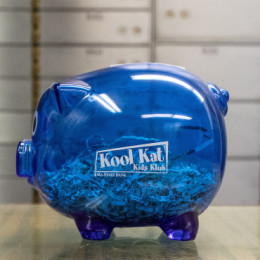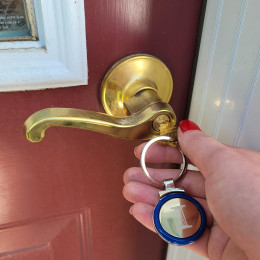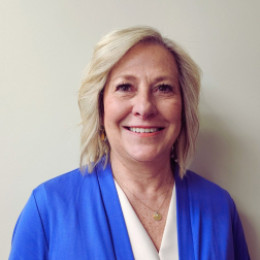
|
|
Buying a home can be stressful regardless of the stage of life you’re in. When you start planning to buy a house, it can be intimidating to think about how much money you must save. However, once you start down the path, it may seem easier than you originally thought.Consider these tips when starting to save for a home purchase:
Set a goal
When you begin to consider buying a home, it’s important to determine an affordable price range for your house hunt. Homebuying costs, such as the down payment and closing costs, are often expressed as a percentage of the home price. With a purchase price in mind, you can set a specific savings goal.
Start by ensuring you’re financially ready to make such a large purchase. Factors to consider include your total savings, total debt and credit history. These factors will help determine your qualifying loan amount, interest rate, and how much you can afford as a down payment.
When it comes to down payments, the more you can pay up front, the lower your payments and the higher your equity. Savvy homebuyers typically put down 20%. This isn’t a requirement, but doing so could help reduce the interest rate on your mortgage and help you avoid costly private mortgage insurance. In addition, consider closing costs and moving expenses when thinking about your savings goal. Visit with your home mortgage lender about anticipated closing costs. Between moving expenses, home furnishings, and any potential mishaps that may arise, it is important to plan to have extra cash on hand to cover these expenses.
Find your savings goal by adding up rough estimates for each expense — down payment, closing costs and other cash to have on hand.
Tighten your budget and save any extra cash
To attain that goal, create a plan. Start by minimizing other expenses. You might also be able to save by researching and finding lower-cost options for services such as your internet or cell phone plan. This could include refinancing other consumer loans and/or negotiating changes in your insurance, if it is prudent. In addition, make sure you cancel subscriptions you’re not using.
When extra money comes your way, save instead of spending. Whether it is from a gift or extra income, be sure to put it into savings. This could include a tax refund, if you qualify for one.
Keep your savings in a separate account
When you’re saving to buy a house, you want your money to work harder for you by depositing it in an interest-bearing account. Use an account's annual percentage yield (APY) to compare options. A higher APY means your money grows faster. Discuss with your banker what the best option is for you.
Saving to buy a home may feel like an uphill climb. However, small actions add up and make a difference.
Iowa State Bank is an Equal Housing Lender and Member FDIC. This information is provided as a courtesy by the Iowa Bankers Association in partnership with Iowa State Bank.
Community Consumer Tips General Home Loans Saving Money
April 15, 2025 by Iowa State Bank









